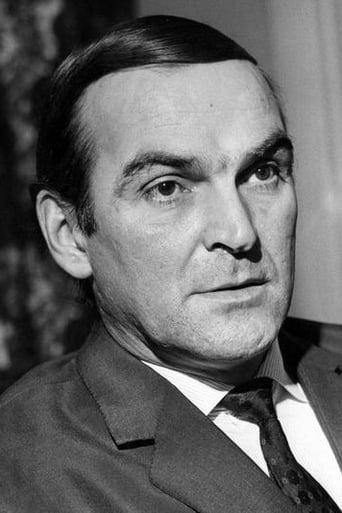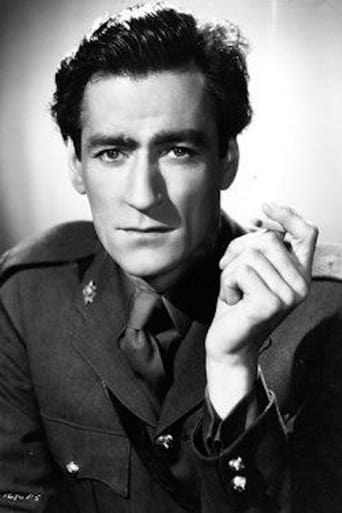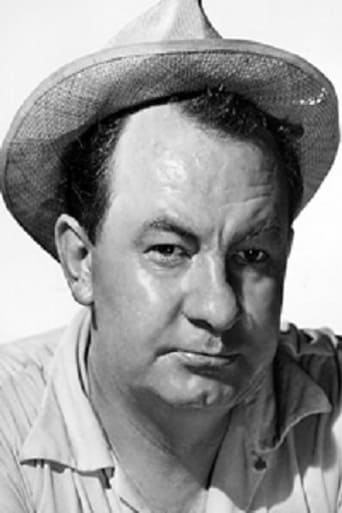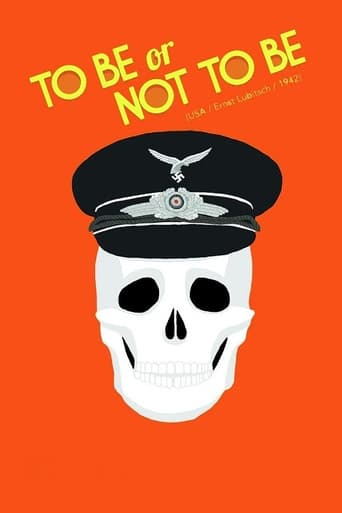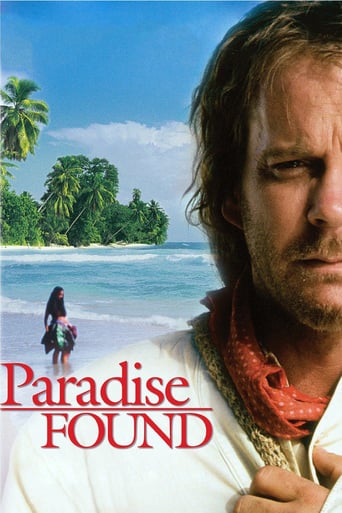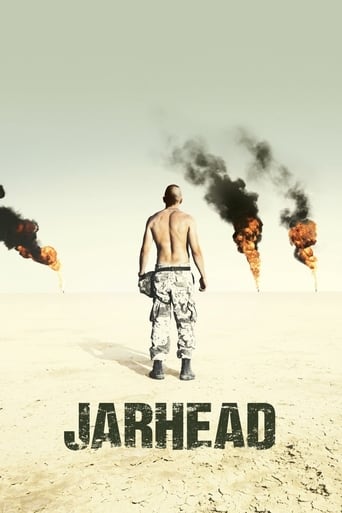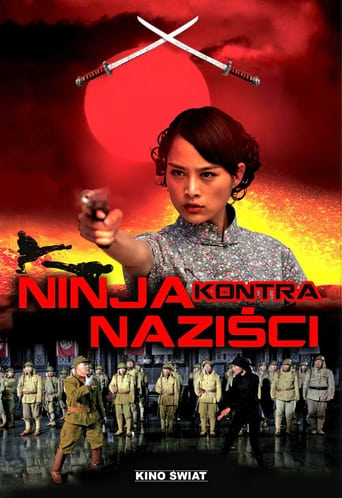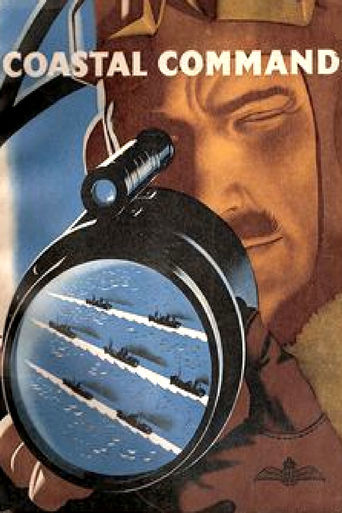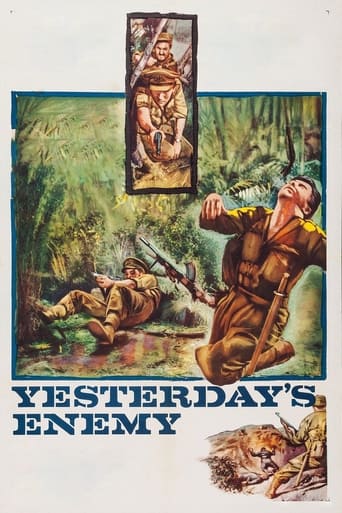
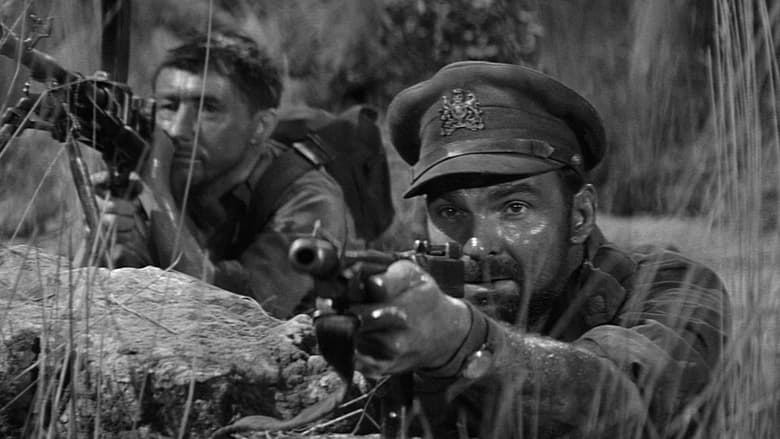
Yesterday's Enemy (1960)
Set during the Burma Campaign of World War 2, this is the story of courage and endurance of the soldiers struggling at close quarters against the enemy. The film examines the moral dilemmas ordinary men face during war, when the definitions of acceptable military action and insupportable brutality become blurred and distorted.
Watch Trailer
Cast


Similar titles
Reviews
Good movie, but best of all time? Hardly . . .
The performances transcend the film's tropes, grounding it in characters that feel more complete than this subgenre often produces.
I wanted to like it more than I actually did... But much of the humor totally escaped me and I walked out only mildly impressed.
Exactly the movie you think it is, but not the movie you want it to be.
YESTERDAY'S ENEMY is a gruff, nihilistic WW2 picture from Hammer Films, directed by the ubiquitous Val Guest and actually one of his best movies. It's a low budget, set-bound production set in the sweaty jungles, where a small squad of British soldiers face off against unknown numbers of Japanese troops. Much of the action is limited to a small ethnic village where the hard-edged Stanley Baker and his men hole up to take stock of their situation. Hammer shot a variety of war pictures throughout the 1950s but this is one of their most interesting: it has no sentimentality whatsoever, instead painting a picture of hard men pushed to increasingly harder and desperate actions. Don't expect action or exciting music or thrills and spills: this is as dark as it gets, with no forgiveness, just death and destruction. An excellent ensemble cast prove up to the material, and what follows is a thoroughly satisfying anti-war picture.
One of only four Hammer war films, the film takes place in Burma during World War II and it does not pull any punches. In contrast to many films of the period, it depicts war as a dirty, grimy, immoral affair. Like the "Quatermass" films, "The Abominable Snowman" and "Cash on Demand", it was an adaptation of a BBC TV drama, namely a 1958 TV film of the same name which I presume is now lost. According to "The Hammer Vault", the script of the TV version was based on an actual war crime committed by a British officer in Burma.Stanley Baker is brilliant as Captain Alan Langford, a callous, cruel, unprincipled bastard who orders the murder of two innocent Burmese civilians to convince a Japanese informer that he is serious. He is a very intelligent but that just makes him more dangerous. He completely dismisses any argument that he has done something wrong, claiming that it was necessary for the greater good. Yeah, I seem to have heard something like that before. He also orders that the wounded be left behind so that they will not slow them down. The fact that they elect to stay behind before he can tell them of his decision does not make it any less cold blooded. He does what he does so that his men will survive but that doesn't make it right as he crossed a line which soldiers are not meant to cross. If it had been another time and place, he would have been charged with war crimes but of course the victors in war are never charged with war crimes.Guy Rolfe and Leo McKern are excellent in their respective roles as the Padre and the war correspondent Max, the most vocal opponents of Langford's actions with whom the audience are supposed to sympathise. Max compares Langford's behaviour to the killing of Jews in Germany and the Padre unsuccessfully tries to convince him that there is a difference between killing enemy combatants out of necessity and killing innocent non-combatants. While he does not appear until more than an hour into the film, perhaps the strongest cast member in the film other than Baker is the great Korean-American actor Philip Ahn as Major Yamazuki, Langford's Japanese counterpart. Unlike the more rough and ready Langford, Yamazuki tries to present himself as a gentleman as he appears to be a very cultured man who is unfailingly polite, even saying "please" to his captives when he gives them instructions. However, this is just a veneer. Scrape it away and he is just as cold blooded as Langford, as he demonstrates by his actions. There are two sides of the same coin.The rest of the cast is very strong as well such as Gordon Jackson, Richard Pasco, Wolfe Morris, David Lodge, Percy Herbert and, in a very early role, Burt Kwouk. Jackson and Kwouk reprised their roles from the TV version, incidentally. One thing that I liked about the film was that, with the exception of Morris as the informer, all of the Burmese and Japanese characters were played by actors of East or Southeast Asian descent. This adds to the realism of the film, as does the fact that the Japanese and Burmese characters speak their own languages among themselves. The writing by Peter R. Newman is extremely strong and Val Guest's direction is top notch. The film was shot entirely in a studio and this can be seen from the fairly unconvincing backdrops but the jungle, village and forest sets are very convincing.Overall, this is an excellent and powerful anti-war film. While war may give rise to acts of heroism, it is most certainly not an heroic business and the film does not hesitate to point this out, albeit in a comparatively subtle manner.
Yesterday's Enemy is a taut claustrophobic war film about a whittled down company of British soldiers caught behind the lines in Burma. It takes no sides other than to point out the absurd futility and dehumanization of individuals in war and the limited options they are faced with. It is a sober unromantic and highly provocative work that foreshadows the quagmire in Viet Nam and unapologetically addresses actions taken in the heat of battle far from the sideline moralizing out of harm's way. Captain Langford leads his lost patrol with a firm hand cajoling and threatening members of the unit to remain disciplined and vigilant. When they stumble upon an austere Burmese jungle village they are surprised by a fierce Japanese resistance attempting to protect a senior officer. With the village under control Langford seeks answers through intimidation, torture and finally execution of innocent locals. Eventually they are overwhelmed by the Japanese who adopt the same methods to get answers about their missing general.Despite it's sound stage jungle locale Yesterday's Enemy director Val Guest attains a very atmospheric feel of heat and pressure with the uncompromising downward thrust of the film as reality trumps morality. Stanley Baker's Langford and Gordon Jackson's Sgt. McKenzie remain stoically impressive throughout as they address the reality they are given while Guy Rolfe's Padre and Leo McKern's journalist Max ably bring balance and debate to the picture in arguing the other side.Yesterday's Enemy (even the title points out the absurdity of war) unromantic and dark vision offers no solutions but raises dozens of questions about the ugliness of war without flinching remaining with you long after the firing has ceased. It is Britain's Steel Helmet.
There is a reason why this powerful film has been so hard to see. It is now part of the fast fading truth that the Japanese were implacable, cruel and sadistic enemies. Rather than acknowledge just how horrible the behavior meted out by the Japanese war machine -- which absolutely included the enthusiastic support of most of the civilian population and a healthy percentage of Japanese residents of the US (and US born citizens of Japanese descent), we would rather moan about the use of the atomic bomb to end the war and avoid the monstrous casualties that would have resulted from an invasion of the home islands. What we expected, absent the use of BOTH bombs is very clear. Every purple heart issued since the end of WWII was created in anticipation of US casualties to be suffered to subdue the Japanese, based on their conduct of the war in China, in the Pacific and wherever they could impose their cruelty. Try looking up vivisection and US POWs Japan. This film tells more than our post-modern sensitivities can bear when it is so much easier to beat up on ourselves. By the way, we also saved countless Japanese and the one politician who recently admitted it publicly was hounded out of office. This film should be made available to anyone and everyone who doubts the reality of the war as it was rather than as our media prefers to pretend it was. Teahouses and mincing maidens my ...


